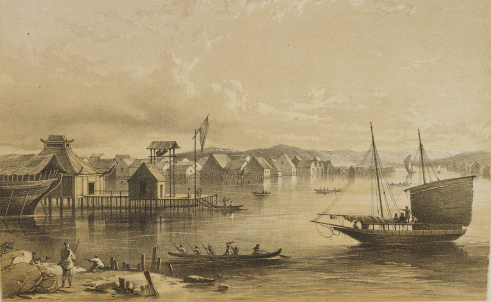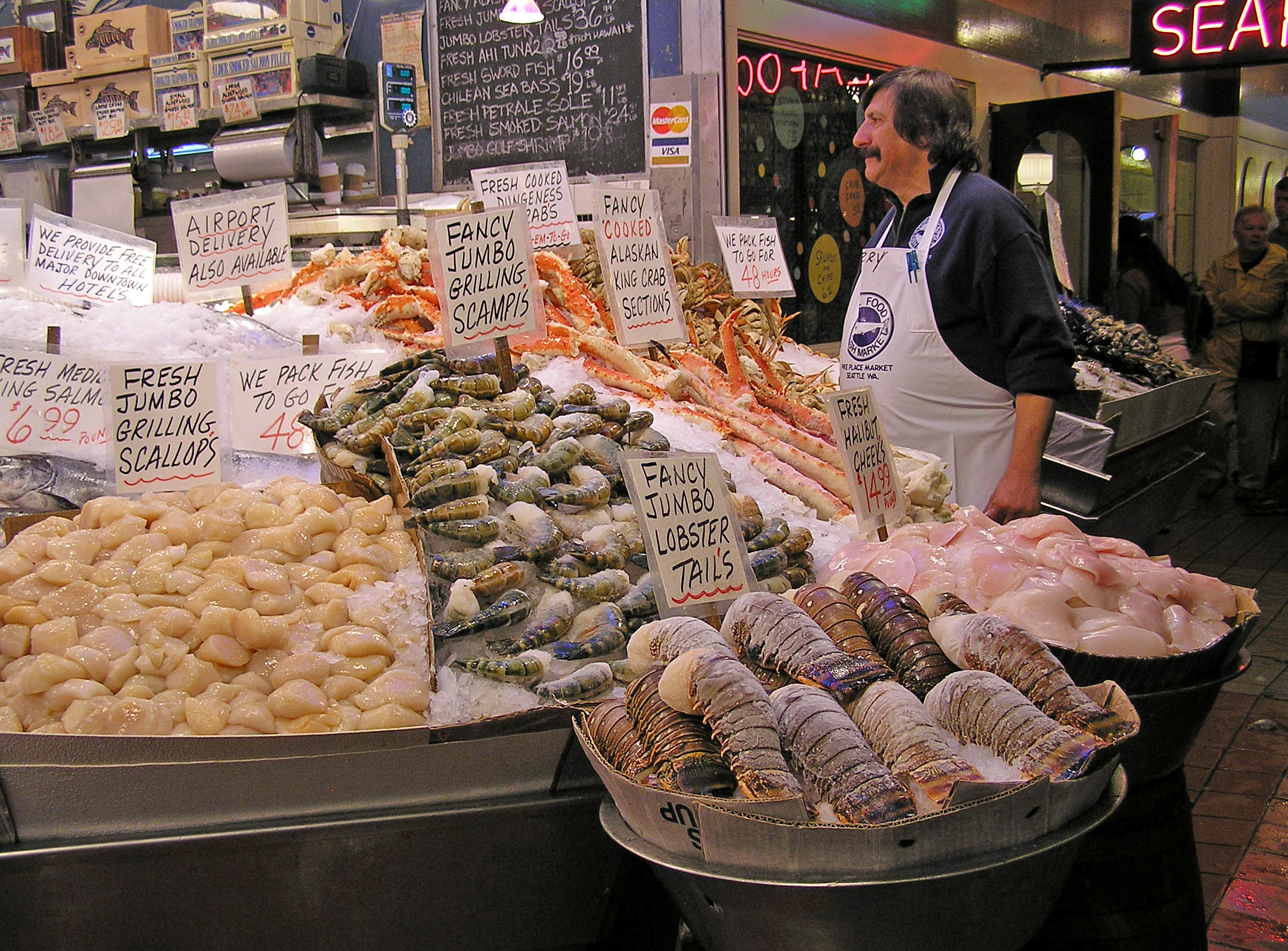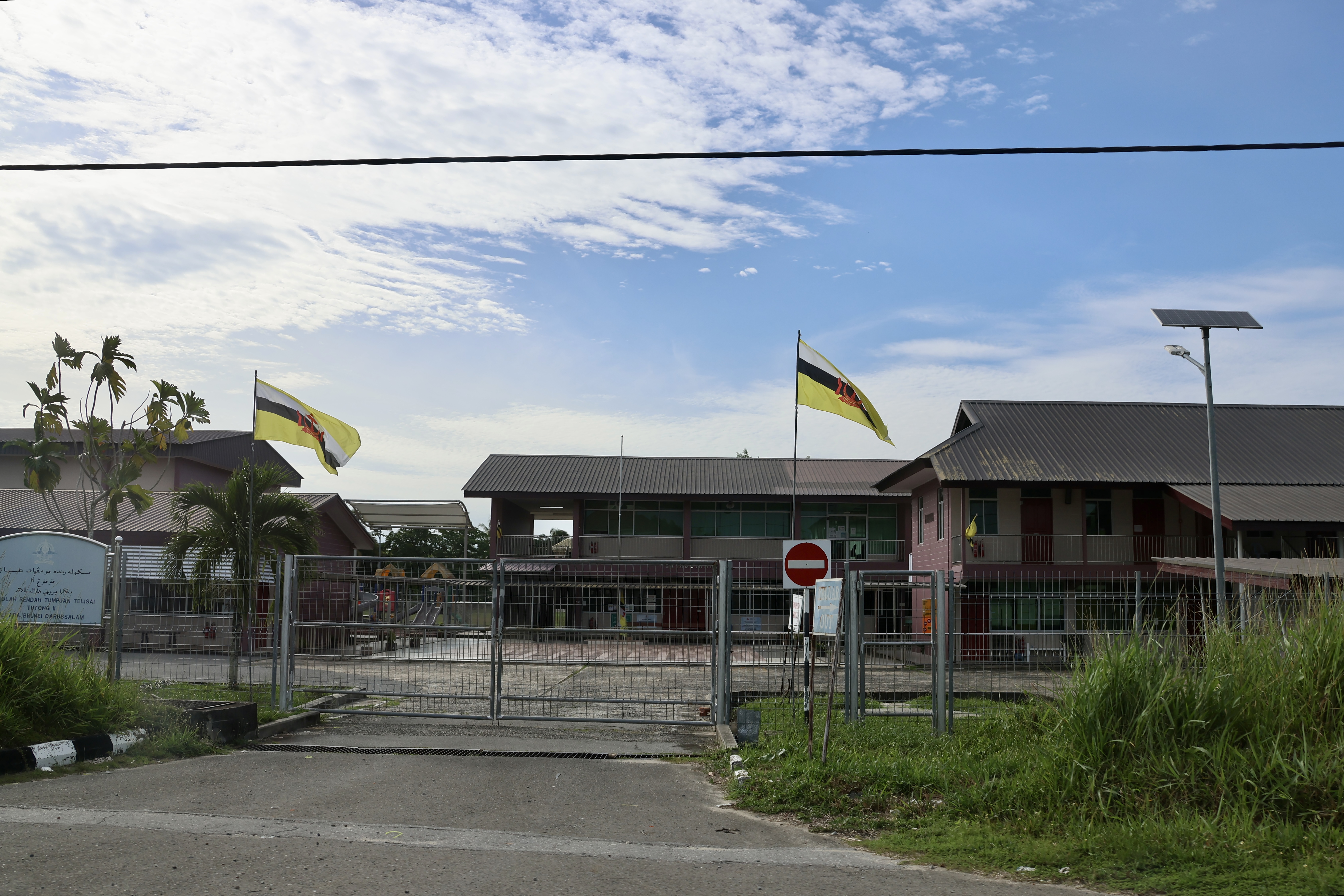|
Barisan Pemuda
Barisan Pemuda (BARIP), also known as the Youth Front or Brunei Youth Front, was an early left-wing political party formed in Brunei. It began as a political youth organisation in late 1946 with the goal of bringing the Bruneian Malays together and achieving independence for Brunei. It was said that the three main founders of BARIP were Salleh Masri, Pengiran Yusuf, and Jamil Al-Sufri. Motivated by nationalist movements throughout Southeast Asia, BARIP embraced emblems such as its motto (similar to UMNO) and flag (similar to the Indonesian flag), signifying its support for Indonesian National Revolution and as symbols of struggle. Despite its brief existence, BARIP was crucial in mid-20th century Brunei in advocating Malay nationalism and anti-colonial nationalism. It too prioritise social concerns, such as providing more schooling and government positions for Bruneian Malays over Chinese people. Background The (PGGMB), which sought to safeguard and enhance the status o ... [...More Info...] [...Related Items...] OR: [Wikipedia] [Google] [Baidu] [Amazon] |
Salleh Masri
Mohd Salleh bin Haji Masri (26 June 1919 – 14 December 1996), pen name H. M. Salleh, was a Bruneian aristocrat, Nationalism, nationalist politician, activist and an experience teacher who was among the founding members of the Brunei Youth Front () and Brunei People's Party (''Parti Rakyat Brunei)''. Him alongside Yura Halim were considered to be the country's first novelists. He was the initial head of the Brunei Nationalist Movement in the 1940s and 1950s. H. M. Salleh was the author of the book ''Tunangan Pemimpin Bangsa'', which he authored while spending 100 days in government custody in Kuala Belait, describing his experiences during the battle. He regularly discussed the struggles endured by Bruneians who were subjected to prejudice in their own country and were deprived of their own heritage and sovereignty. Early life and career Salleh was born on 26 June 1919. He completed his early schooling at the Brunei Town Malay School from 1925 to 1930. From 1934 to 1936, he ... [...More Info...] [...Related Items...] OR: [Wikipedia] [Google] [Baidu] [Amazon] |
Indonesian Flag
The national flag of Indonesia is a simple bicolor with two horizontal bands, red (top) and white (bottom) with an overall ratio of 2:3. It was introduced and hoisted in public during the proclamation of independence on 17 August 1945 at 56 Jalan Proklamasi (formerly Jalan Pegangsaan Timur) in Jakarta, and again when the Dutch formally transferred sovereignty on 27 December 1949. The design of the flag has remained unchanged since. The flag of Indonesia is graphically similar to the flag of Monaco, with a slight difference in the shade of red, and ratio of its dimensions. The flag of Poland has similar dimensions but has the colours reversed: white on top and red on the bottom. In both Monaco's and Poland's flags, the reds are of a slightly darker shade than that of Indonesia. The flag of Singapore has exactly the same dimensions as Indonesia's, but supplemented with a white crescent moon and five stars in a pentagram at the upper left corner of the flag, of which the red is ... [...More Info...] [...Related Items...] OR: [Wikipedia] [Google] [Baidu] [Amazon] |
Brunei Town
Bandar Seri Begawan (BSB) is the capital and largest city of Brunei. It is officially a municipal area () with an area of and an estimated population of 100,700 as of 2007. It is part of Brunei–Muara District, the smallest yet most populous district which is home to over 70 percent of the country's population. It is the country's largest urban centre and nominally the country's only city. The capital is home to Brunei's seat of government, as well as a commercial and cultural centre. It was formerly known as Brunei Town until it was renamed in 1970 in honour of Omar Ali Saifuddien III, the 28th Sultan of Brunei and the father of Sultan Hassanal Bolkiah. The history of Bandar Seri Begawan can be traced back to the establishment of a Malay stilt settlement on the waters of the Brunei River which became the predecessor of Kampong Ayer today. It became the capital of the Bruneian Sultanate from the 16th century onwards, as well as in the 19th century when it became a British p ... [...More Info...] [...Related Items...] OR: [Wikipedia] [Google] [Baidu] [Amazon] |
Fishmonger
A fishmonger (historically fishwife for female practitioners) is someone who sells raw fish and seafood. Fishmongers can be wholesalers or retailers and are trained at selecting and purchasing, handling, gutting, boning, filleting, displaying, merchandising and selling their product. In some countries modern supermarkets are replacing fishmongers who operate in shops or fish markets. Worshipful Company of Fishmongers The fishmongers guild, one of the earliest guilds, was established in the City of London by a Royal Charter granted by Edward I shortly after he became king in 1272. Partnership with foreigners was forbidden and the sale of fish was tightly controlled to ensure freshness and restrain profit, which was limited to one penny in the shilling. Nevertheless, the guild grew rich and, after Edward's victory over the Scots, was able to make a great show, including one thousand mounted knights. During the reign of Edward II, the political power of the fishmongers waned ... [...More Info...] [...Related Items...] OR: [Wikipedia] [Google] [Baidu] [Amazon] |
Sociopolitical
Political sociology is an interdisciplinary field of study concerned with exploring how governance and society interact and influence one another at the micro to macro levels of analysis. Interested in the social causes and consequences of how power is distributed and changes throughout and amongst societies, political sociology's focus ranges across individual families to the State (polity), state as sites of social and political conflict and power contestation. Introduction Political sociology was conceived as an interdisciplinary sub-field of sociology and politics in the early 1930s throughout the social and political disruptions that took place through the rise of communism, fascism, and World War II. This new area drawing upon works by Alexis de Tocqueville, James Bryce, 1st Viscount Bryce, James Bryce, Robert Michels, Max Weber, Émile Durkheim, and Karl Marx to understand an integral theme of political sociology: power. Power (social and political), Power's definition ... [...More Info...] [...Related Items...] OR: [Wikipedia] [Google] [Baidu] [Amazon] |
Malay Peninsula
The Malay Peninsula is located in Mainland Southeast Asia. The landmass runs approximately north–south, and at its terminus, it is the southernmost point of the Asian continental mainland. The area contains Peninsular Malaysia, Southern Thailand, and the southernmost tip of Myanmar (Kawthaung District, Kawthaung). The island country of Singapore also has historical and cultural ties with the region. The Titiwangsa Mountains are part of the Tenasserim Hills system and form the backbone of the peninsula and the southernmost section of the central cordillera, which runs from Tibet through the Kra Isthmus, the peninsula's narrowest point, into the Malay Peninsula. The Strait of Malacca separates the Malay Peninsula from the Indonesian island of Sumatra, and the south coast is separated from the island of Singapore by the Straits of Johor. Etymology The Malay term ''Tanah Melayu'' is derived from the word ''Tanah'' (land) and ''Melayu'' (Malays (ethnic group), Malays), thus ... [...More Info...] [...Related Items...] OR: [Wikipedia] [Google] [Baidu] [Amazon] |
North Kalimantan
North Kalimantan () is a Provinces of Indonesia, province of Indonesia. It is located on the northernmost of Kalimantan, the Indonesian part of the island of Borneo. North Kalimantan borders the Malaysian states of Sabah to the north and Sarawak to the west, and by the Indonesian province of East Kalimantan to the south. Tanjung Selor serves as the capital of the province, while Tarakan is the largest city and the financial centre. Formed on 25 October 2012, North Kalimantan was separated from the province of East Kalimantan to reduce development disparity and Malaysia's influence over the territory. North Kalimantan covers 70,650.73 square kilometres and consists of four regency (Indonesia), regencies and one List of regencies and cities in Indonesia, city. It had a population of 524,656 at the 2010 CensusBiro Pusat Statistik, Jakarta, 2011. and 701,784 at the 2020 Census,Badan Pusat Statistik, Jakarta, 2021. making it at that time the least populous province in Indonesia, unti ... [...More Info...] [...Related Items...] OR: [Wikipedia] [Google] [Baidu] [Amazon] |
Perak
Perak (; Perak Malay: ''Peghok'') is a States and federal territories of Malaysia, state of Malaysia on the west coast of the Malay Peninsula. Perak has land borders with the Malaysian states of Kedah to the north, Penang to the northwest, Kelantan and Pahang to the east, and Selangor to the south. Thailand's Yala Province, Yala and Narathiwat Province, Narathiwat provinces both lie to the northeast. Perak's capital city, Ipoh, was known historically for its tin-mining activities until the price of the metal dropped, severely affecting the state's economy. The royal capital remains Kuala Kangsar, where the palace of the Sultan of Perak is located. As of 2018, the state's population was 2,500,000. Perak has biodiversity, diverse tropical rainforests and an equatorial climate. The state's main mountain ranges are composed of the Titiwangsa Mountains, Titiwangsa, Bintang Mountains, Bintang and Keledang Ranges, where all of them are part of the larger Tenasserim Hills system that co ... [...More Info...] [...Related Items...] OR: [Wikipedia] [Google] [Baidu] [Amazon] |
Radicalization
Radicalization (or radicalisation) is the process by which an individual or a group comes to adopt increasingly radical views in opposition to a political, social, or religious status quo. The ideas of society at large shape the outcomes of radicalization. Radicalization can result in both violent and nonviolent action – academic literature focuses on radicalization into violent extremism (RVE) or radicalisation leading to acts of terrorism.Radicalisation Processes Leading to Acts of Terrorism. A concise Report prepared by the European Commission's Expert Group on Violent Radicalisation. Brussels Retrieved at: https://www.clingendael.org/sites/default/files/pdfs/20080500_cscp_report_vries.pdf Multiple separate pathways can promote the process of radicalization, which can be independent but are usually mutually reinforcing. Radicalization that occurs across multiple reinforcing pathways greatly increases a group's resilience and lethality. Furthermore, by compromising a group' ... [...More Info...] [...Related Items...] OR: [Wikipedia] [Google] [Baidu] [Amazon] |
Sultan Idris Education University
Sultan Idris Education University (; commonly abbreviated as UPSI; Jawi: اونيۏرسيتي ڤنديديقن سلطان إدريس) is a public university located in Tanjung Malim, Perak, Malaysia. Established in 1922 as a teachers' college, it is one of the oldest continuously operating higher education institutions in the country. Since its founding, graduates of the institution have been referred to as "Anak Kandung Suluh Budiman" (), a tradition that continues to this day. The university itself is also known as Ibu Kandung Suluh Budiman (). History Sultan Idris Training College Initially, education in the Malay Peninsula was rooted in Islamic religious instruction, focusing on ''fardu ain'' and ''fardu kifayah'', and was conducted informally by religious teachers. With the advent of British colonial rule in the 19th century, a secular education system was introduced, aiming to equip the population with basic literacy and practical skills in line with social and economi ... [...More Info...] [...Related Items...] OR: [Wikipedia] [Google] [Baidu] [Amazon] |
Education In Brunei
Education in Brunei is provided or regulated by the Government of Brunei through the Ministry of Education () and the Ministry of Religious Affairs (). The former manages most of the government and private schools in the country where as the latter specifically administers government schools which provide the or Islamic religious education. Formal education comprises compulsory, post-secondary and higher education. Compulsory education may be of two types: general education which takes twelve years and consists of pre-school, primary and secondary; and Islamic religious primary education which lasts seven years and is compulsory for Muslim pupils in Brunei. General education may be attained in government or private schools, where as religious education is attained in government religious schools. Post-secondary education may consist of sixth form, which is an extension of secondary and allows direct entrance to higher education; and technical and vocational education which a ... [...More Info...] [...Related Items...] OR: [Wikipedia] [Google] [Baidu] [Amazon] |
Brunei Malay Teachers Association
The Brunei Malay Teachers Association (PGGMB or ) was founded in 1937 and became a legally recognised nonprofit union with a democratic style of leadership in 1939. The founding members of PGGMB, who are also educators who have earned their degrees from the Sultan Idris Training College (SITC), took the initiative to start the organisation. It broadened its activities following World War II by creating a cooperative to promote Malay involvement in business and was instrumental in the founding of (BARIP), Brunei's first nationalist organisation. History The PGGMB was founded in the mid-1930s with the goal of enhancing the well-being and professional status of Malay educators in Brunei. PGGMB was founded by Marsal Maun, with other key founding members being Othman Bidin, Basir Taha, and Pengiran Muhammad Ali, all graduates of the SITC in Tanjong Malim, Perak. Through the establishment of the magazine in 1938, these members preserved regional ties and shared educational ... [...More Info...] [...Related Items...] OR: [Wikipedia] [Google] [Baidu] [Amazon] |










